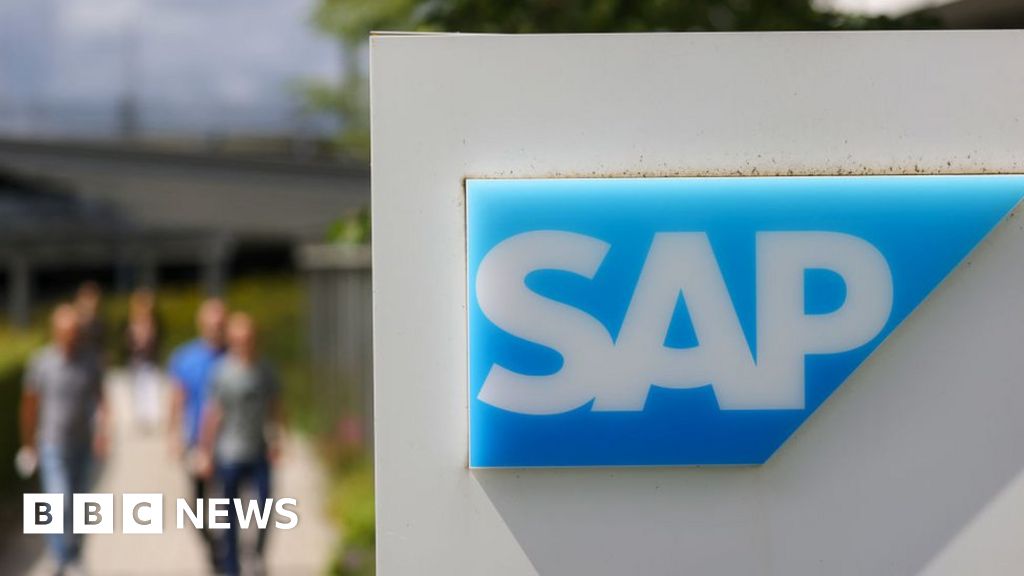‘Forever chemicals’ in microplastics spark over $250B a year health crisis: study

Microplastics found in the US food and water supply that contain “forever chemicals” are contributing to a quarter of a trillion dollar a year health crisis, according to a new study.
In 2018 alone, exposure to the small plastics — which the Mayo Clinic has linked to heart health, hormone imbalances and even cancer — cost the healthcare system as much as $289 billion, according to the research, published in the Journal of the Endocrine Society on Thursday.
The team of researchers said they arrived at the massive figure using mathematical modelling in their study, which was earlier reported on by the Daily Mail.
For reference, the entire COVID pandemic racked up some $203 billion in healthcare costs.
“Plastics contribute substantially to disease and associated social costs in the United States, accounting for 1.22% of the gross domestic product,” the study concluded. “The costs of plastic pollution will continue to accumulate as long as exposures continue at current levels.”
The new research analyzed the impact of four groups of chemicals, including flame retardants, substances used to make plastic more durable as well as ingredients in hard plastics and resins.
The study come on the heels of a separate report published in the journal Proceedings of the National Academy of Sciences earlier this week that found there are an average of 240,000 plastic particles in a 1-liter water bottle — 100 times more than researchers previously thought.
The scientists tested for levels of “nanoplastics,” which are under 1 micrometer in length — or 1/70 the width of a human hair — versus more commonly-analyzed microplastics, which are between 1 and 5,000 micrometers in length.
Nanoplastics, however, pose potentially a greater health risk because they’re small enough to penetrate cells and enter the bloodstream, plus have the ability to impact organs, experts said.
They can also pass through the placenta in a pregnant woman and affect unborn babies.
“The investigation into the health impacts of nanoplastics is currently at a nascent stage, necessitating further research,” the study’s co-author Beizhan Yan, an environmental chemist at Columbia University, told The Post on Tuesday.
As part of the study, Yan and lead author Naixin Qian developed a new microscopy technique to identify nanoplastics — technology that hadn’t previously been advanced enough to confirm the tiny particles’ presence in bottled water.
The new tech was used to examine 25 different brands of 1-liter water bottles.
Though the researchers refused to specify which brands they tested, they found between 110,000 and 370,000 of these itty bitty plastic fragments in each of the liters — 90% of them nanoplastics.
According to the Mayo Clinic, adult men should drink about 3.7 liters of water per day, while women should aim for 2.7 liters — an amount that subjects men and women to as many as 888,000 or 648,000, respectively, plastic particles per day should individuals choose to get their daily water intake entirely from water bottled in plastic containers.
Contamination from plastic chemicals isn’t unique to bottled water: Nearly 90% of proteins — including vegan alternatives — contain microplastics linked to negative health consequences, according to a study published Monday in the journal Environmental Pollution.
Sixteen types of protein sources — including chicken, beef, seafood, pork, tofu and three plant-based alternatives — were purchased in April 2022 from two supermarkets and one grocer in the Portland, Ore., area, researchers noted.
According to the product packaging, all samples were produced in the US.
The researchers, from Ocean Conservancy and the University of Toronto, found that 88% of the samples contained plastic particles, implying that humans are likely consuming microplastics no matter their diet.
“This is a startling reminder of just how prolific plastic pollution has become — humans live on land and yet seafood samples are just as likely to be contaminated with plastics as are terrestrial-derived proteins,” study co-author and marine biologist Dr. Britta Baechler, associate director of plastics science at Ocean Conservancy, said in a statement.
“And there’s no escaping them no matter what you eat, it seems,” Baechler continued. “The plastic pollution crisis is impacting all of us, and we need to take action to address its many forms.”







